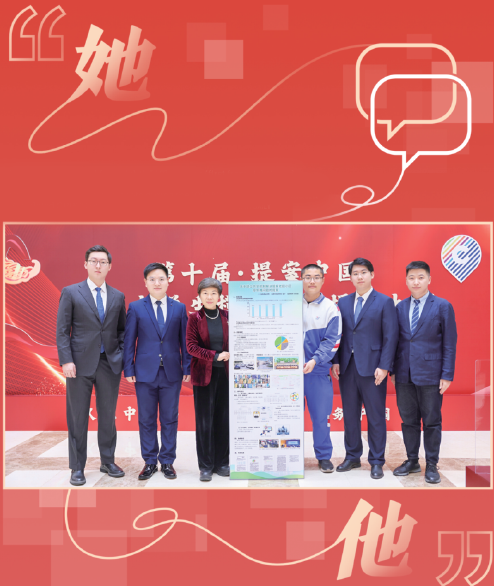

University students across China engage in Model CPPCC, simulating real political consultations, proposing solutions to societal issues, and gaining a deeper understanding of China's political system.
As thousands of lawmakers and political advisers gather in Beijing to participate in China's largest annual political event, university students across the country have been exploring the concept of developing whole-process people's democracy in their own way through the Model Chinese People's Political Consultative Conference (Model CPPCC).
The two sessions of the National People's Congress, the country's top legislature, and the National Committee of the Chinese People's Political Consultative Conference, China's top political advisory body, commenced on March 5 and March 4 respectively. The CPPCC brings together individuals from different political parties, ethnic groups, and walks of life to discuss state affairs.
Emulating CPPCC members, students conduct research, go on field trips, write "simulated proposals", and engage in panel discussions, through which they gain a deeper understanding of the country's political system and cultivate their sense of social responsibility.
Many universities have established Model CPPCC societies, organizing relevant activities and sending teams to participate in competitions. Three months ago, four doctoral students from Tsinghua University won the top prize in the latest National College Student Simulated CPPCC Proposal Competition. Their proposal, focusing on enhancing the emergency response capability for sudden natural disasters at the grassroots street level, stood out among 1,130 proposals from 98 universities across China.